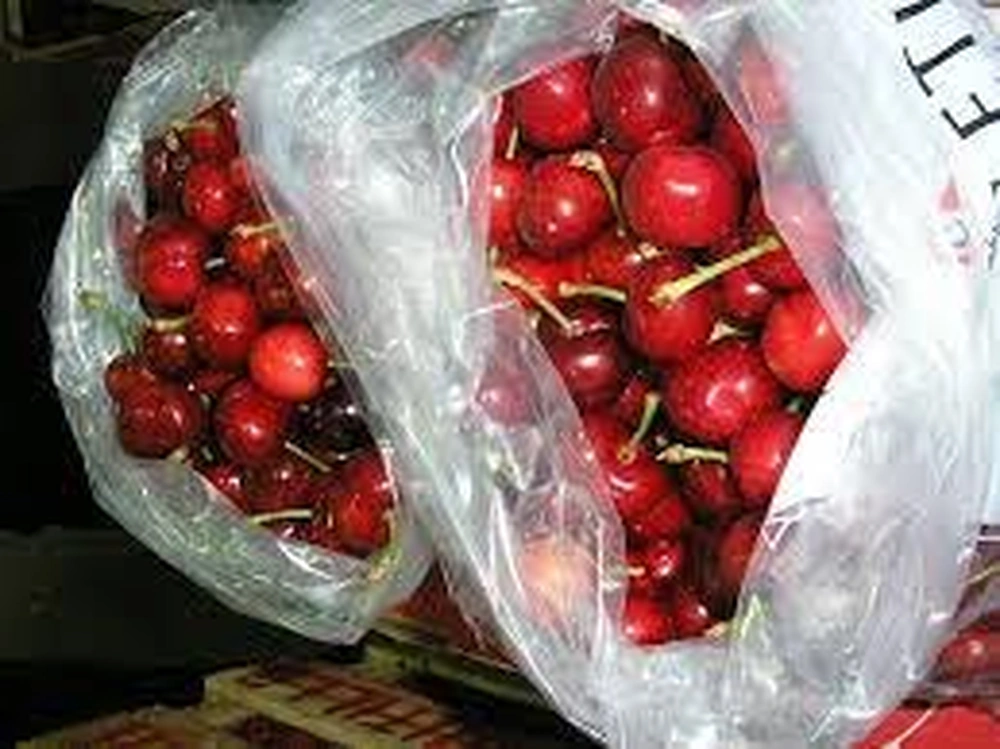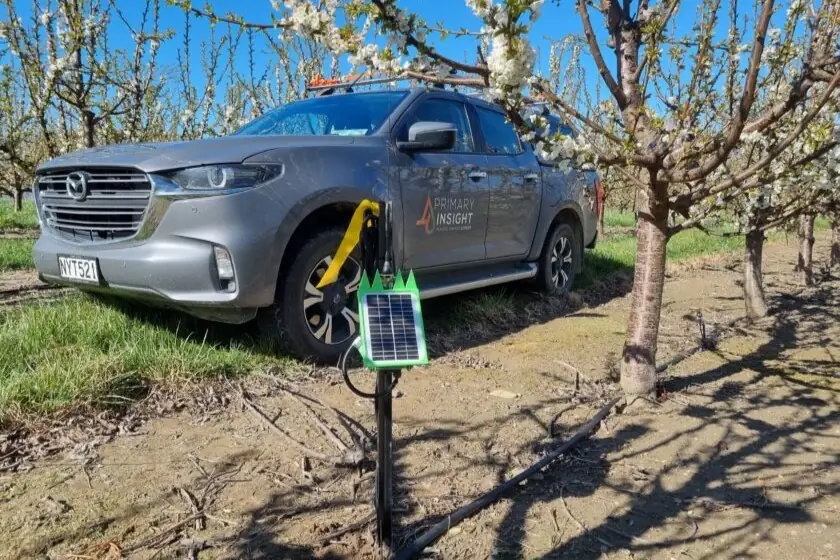Cherry Times offers its readers the reports on cherry rootstocks presented at the Macfrut 2024 International Rootstock Symposium.
In stone fruit species, such as peach, cherry, apricot and plum labour requirement is important ranging from 45% to 71% of the total cost of production. In this sense, combining size controlling rootstocks as Rootpac® series, Isthara® and others in peach and plum, or Gisela® and Corette® series in cherry, with intensive bidimensional training systems based on central axis or bi axis resulted in earlier and higher yields, compared with the traditional open vase associated with vigorous rootstocks.
The association of these intensive orchards with bidimensional canopies and good accessibility to canopy by labour and machines, is essential to reduce the cost of production. These canopies allow an efficient use of labour and mechanization. Regarding peach, under Ebro Valley (Spain) conditions, the reduction on total cost of production ranged from 15% to 20% and the harvest rate increased by 41%, enhancing also fruit quality due to better light distribution within the tree canopy.
In cherry the increase of harvest rate increased by 72% when UFO was compared with the traditional open center. With European and Japanese varieties, intensification by using RootpacR20 rootstock and super high density plantings (SHD), allowed to get more than 40 t ha-1 in the third year in Ebro Valley (Spain).
 Image 1: Ignasi Iglesias.
Image 1: Ignasi Iglesias.
With ‘Agen’ European plum, using the same rootstock, under Chilean conditions training trees in a small hedge (SHD) allowed the full mechanization of the harvest by using over-the-row harvester or pedestrian harvest for the needs of fresh market. In this case, manual harvest efficiency increased by 49% compared with the traditional open vase.
In all species, the use of size controlling rootstocks offers different options to growers when selecting the training systems concerning skilled labour requirements to train the trees in the first years.
Thus, an increase was recorded when the number of axes increased from central axis to bi-, tri- and multi-axes. Furthermore, all these planar canopies were better adapted to the application of precision technologies based on artificial vision (AV) for monitoring pest and diseases, neural network and AV for fruit counting, yield forecasting and robotic harvesting.
Download the full report here
Download the presentation here
Ignasi Iglesias and Ramon Botet
Agromillora Catalana Group, Spain
iiglesias@agromillora.com
Cherry Times - All rights reserved











